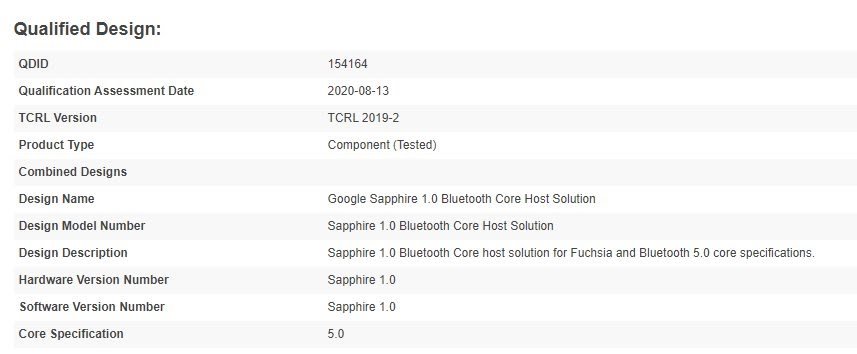Is there a timetable for Android?
Can i use for Android (and IOS) MySQL native?
Android is on the Roadmap and maybe in Beta next year (hopefully). iOS and Android supporting SQLite-Databases. Not sure, if you’ll get MySQL Support.
https://documentation.xojo.com/resources/roadmap.html
you only have sqlite for ios, no mysql nor postgres.
surely the same for android,
you must implement a web service on a desktop machine to handle the link.
Using a direct connection to a MySQL server from an App is anyway a very bad Idea. Better write an REST-API which handles the Database stuff for you, and which you simply call over sockets.
If you want a plug&play RESTful API for SQLite, MySQL and PostgreSQL databases:
I think the Android story is mostly over, the successor of this beautiful platform is already on it’s way. Android is on the 6th place of the roadmap - sorry for the developers working hard on it, Xojo definitely missed the Android boat.
Do you mean Fuchsia based on the Zircon kernel? It has been “on its way” since Aug 15, 2016 – and I suspect (but don’t recall for sure) that is even older than when Xojo put Android on their roadmap.
Given the number of Android devices in use today, I don’t think they will all jump ship off the Android boat too quickly.
Maybe the boat for being the gold standard for programming Android, but Xojo has made it clear they are focusing on citizen developers who I suspect appreciate being able to use skills and code from the desktop to create projects on other platforms.
Google have a version of ART (Android app runtime) for Fuchsia OS.
In which case, when Xojo can compile to *.apk it will still run on the successor too. Perhaps not as native or efficiently – I don’t really follow Android news too closely – but it seems Xojo has not yet completely missed the boat.
Time will tell.
For Xojo it is too little, too late. The competition will do a better job than Xojo. They have years of practical experience. Xojo is struggling with Android and too many supported platforms.
I learned years ago that RAD tools have their place. You can develop and show results fast. But they have one big drawback, they are seriously lagging behind because, their users have to wait for new features and implementations. Like it or not, but that is the reality.
I have several projects which run nicely on several existing platforms that I’d like to port to Android.
In such cases, either you re-create your project(s) from scratch (for complex ones, you waste time), or you make a new version with another tool only for a specific platform (may not be compatible with the formats you already have) or you wait for the target to become available in the tool you already started (as long as it’s feasible).
I wish Android was already doable and some items in the roadmap aren’t concerning me, but I’m sure they are doing what they can; patience is a good thing to learn.
That is exactly what I’ve done with Xojo (then REALbasic, in early 1998).
I left my previous development environment because of “too many bugs”.
It tooks me less than one day to go past were I left the prior project. [design, structure, artwork, texts, etc. already done, so…]
I short: do what you want. For me, I try to use the best tool for my project(s) (depending on the learning curve - but not only).
Fuchsia was the code name, now the OS called Sapphire, and yes it was anounced on 2016, not sure about xojo for android but i remember it on the XDC 2016.
Sapphire is making huge progress, just las moth was certified for Bluetooth 5.0. While xojo for android…
And Xojo Android is not Sapphire compliant ?
Considering that we don’t have an official version for Xojo yet – or certified docs – I don’t think there can be an official answer to this. But assuming that Sapphire will run (most?) existing Android apps, it seems logical to presume it can also run future Xojo compiled Android apps.
I assume too that Sapphire may have additional functionality which will be platform which will not be exposed to apps compiled for Android OS hardware. But I really don’t follow the Android development at all, so what I say is merely speculation.
As I understand it Sapphire is the name for Fuchsia OS’s bluetooth stack.
